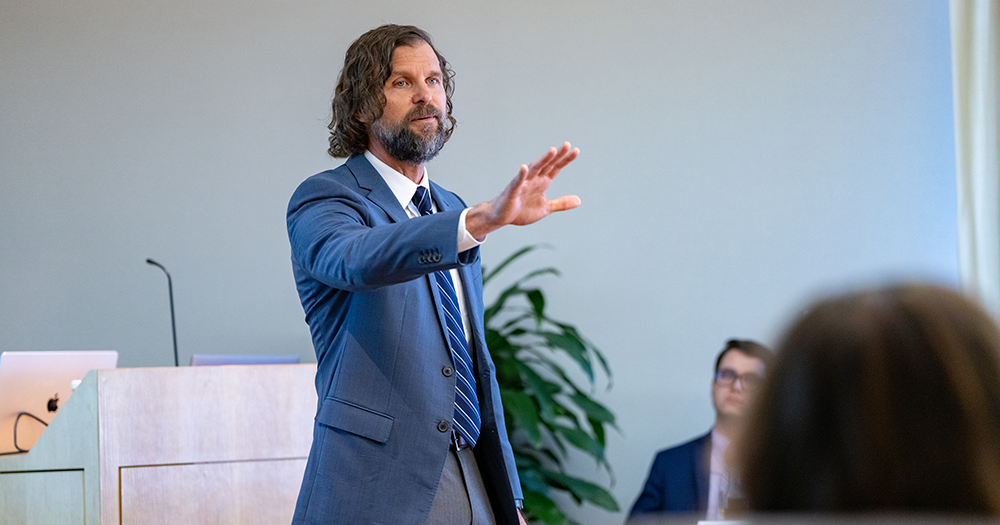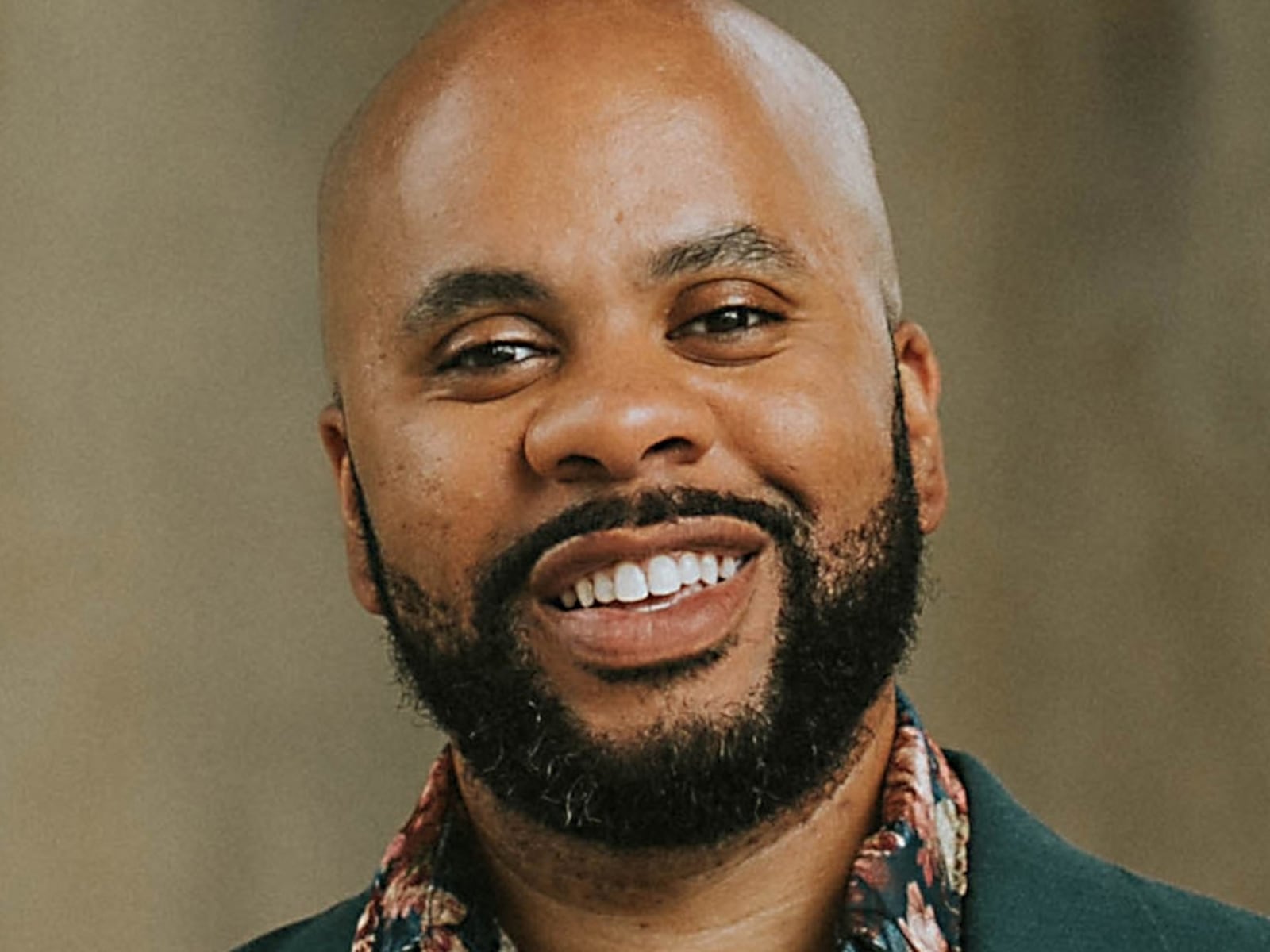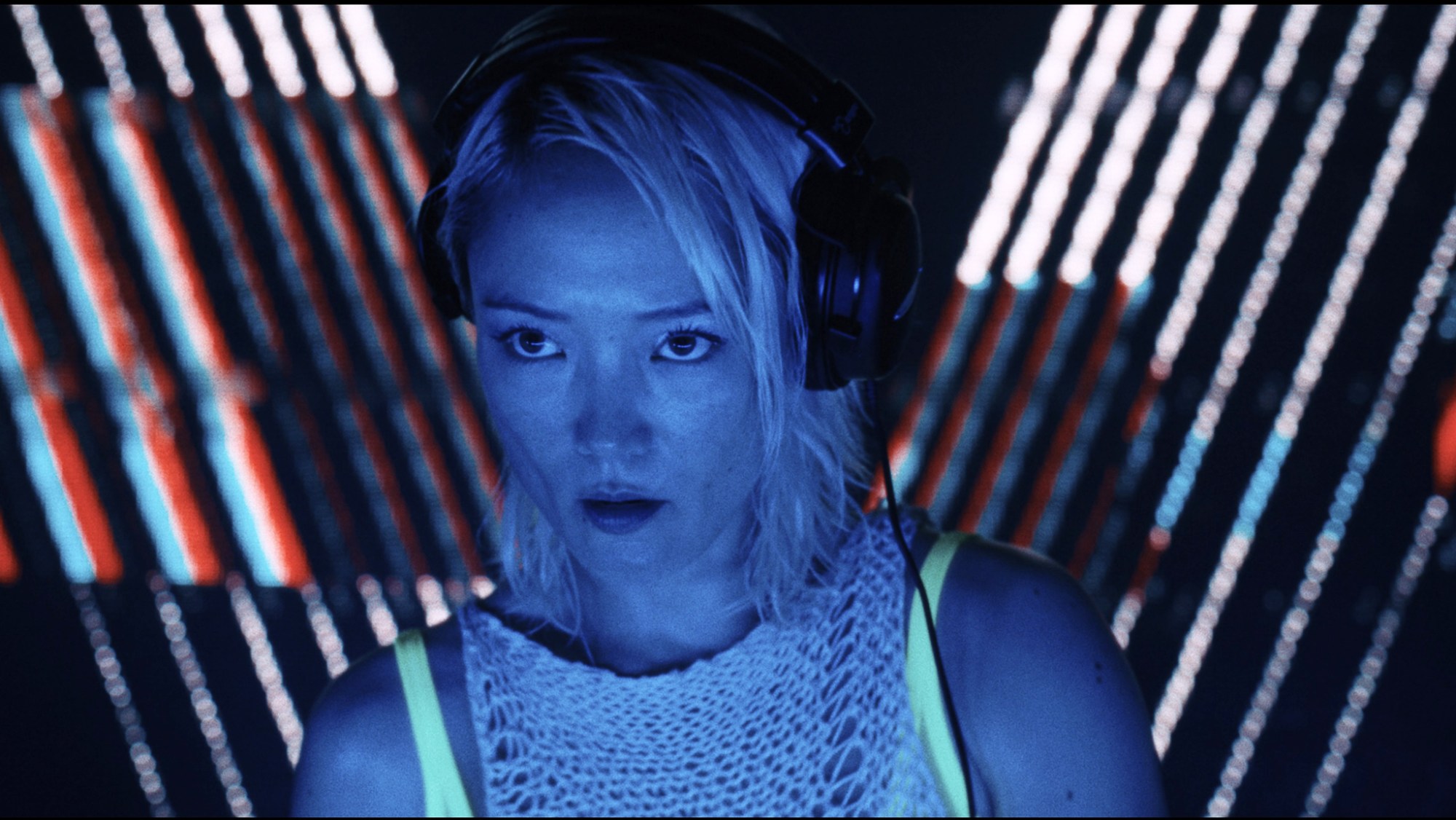
Elizabeth McLain’s journey with autism began in her twenties, a diagnosis that emerged after she experienced significant trauma from the 2007 shooting at Virginia Tech in Blacksburg. As she struggled with post-traumatic stress disorder, McLain, now an assistant professor of Musicology and director of Disability Studies at Virginia Tech, sought therapy. It was during this process that her therapist suggested an autism evaluation. Initially skeptical, McLain had misconceptions about autism and did not see herself reflected in common perceptions of the condition.
The insights McLain gained from her diagnosis were profound. She articulated that the external understanding of autism often diverges significantly from the internal experience of individuals on the spectrum. “All of the descriptions we have of autism are what it looks like from the outside,” she noted. “Internally, the world can feel overwhelmingly loud and bright, with heightened sensitivities to textures and smells.” These sensory experiences had been her norm since childhood, making it difficult for her to recognize her differences from others.
Growing up in a household that valued resilience, McLain learned to navigate life’s challenges, often pushing her limits. “You can kind of force your way through life to a degree, but then you will kind of collapse,” she explained. Following her diagnosis, her past began to make sense; she realized that her experiences of feeling “weird” were not unique but shared by many others on the spectrum. “Once someone actually explained the criteria to me, it was a moment of like, ‘Oh, I’m not broken. I’m not messed up,’” she said, reflecting on the relief of understanding her identity.
Meeting other autistic individuals proved to be transformative for McLain. “It was clear to all of us that we were operating on a different operating system than the rest of the world,” she remarked. This sense of community helped her navigate her identity and sparked a greater understanding of her unique cognitive processes, including her non-linear memory and challenges with eye contact.
Academically, McLain excelled at Virginia Tech, earning dual bachelor’s degrees in Music and History, followed by an M.A. and PhD in Musicology from the University of Michigan. Her early ambition as a trumpet performer shifted following a diagnosis of Ehlers-Danlos Syndrome, a connective tissue disorder often associated with autism. “I don’t know that we would have gotten that answer if I hadn’t gotten the autism diagnosis,” she stated.
In her current work, McLain channels her creativity into performances of Dungeons and Dragons, a form of improvisational theater. This engagement with role-playing games emerged later in her life, as she had previously engaged in play in a literal manner, often organizing her toys.
A common misconception about autism is that it manifests uniformly across individuals. McLain emphasized that many people misunderstand the condition, viewing distress as a representation of autism rather than recognizing the potential of fully supported autistic individuals. “I flew under the radar because I was a girl, and I was getting good grades in school,” she explained, highlighting the need for a broader understanding of autism.
In her musical pursuits, McLain found that her autistic traits contributed positively to her determination and focus. “The level of determination I have, the ability to get into a flow state quickly,” she noted, showcasing the unique strengths many autistic individuals possess. Yet she also acknowledged the emotional nuances of being autistic. “Increased sensory sensitivity is also increased emotional sensitivity,” she said, sharing how deeply music can affect her.
McLain was featured in the VPM docuseries “Life in the Heart Land,” where director Lindsey Sitz aimed to amplify the voices of autistic individuals. “One thing I’ve learned is how little autistic people are asked to tell their own stories,” Sitz remarked, underscoring the importance of self-representation in narratives surrounding autism.
Ashley Shew, a professor at Virginia Tech, echoed this sentiment. Although not autistic herself, she advocates for the importance of listening to autistic voices. “What I can do is listen to what other autistic people have written,” Shew stated, emphasizing the value of diverse perspectives in understanding disability.
April Hepler, a licensed counselor and founder of Adagio House, which supports individuals with disabilities, shared her journey as the mother of Nathan, her 19-year-old son with autism and Fragile X syndrome. Hepler’s initial concerns about Nathan’s development led her to a deeper understanding of autism. “Different is just different,” she said, recognizing the unique strengths her son possesses, such as his remarkable ability to remember names and his generous spirit.
Hepler’s commitment to understanding and supporting Nathan motivated her to create Adagio House, providing counseling and support services for families navigating similar challenges. “I wanted to create a place that I couldn’t find,” she explained, emphasizing the importance of community and shared experiences.
Evonne Hall, the BASE Program Coordinator at Bridgewater College, also highlighted the individuality of autistic individuals. “Every person is a unique individual with their own hopes, dreams, perspectives, and goals for their lives,” she said, noting the importance of tailored support in educational settings.
Research into autism continues to evolve, with insights from experts like Mark Gabriele, a professor at James Madison University. Gabriele studies how brain circuits form during critical periods of development and how these processes may differ in individuals with autism. “It’s thought that individuals with autism may not have pruning events as often as other individuals,” he explained, alluding to the implications of these differences on sensory processing.
Gabriele advocates for empathy and understanding in discussions about autism. “I think that these individuals have so much to teach us,” he said, encouraging society to recognize the strengths and capabilities of autistic individuals rather than viewing them solely through a lens of disability.
As conversations surrounding autism continue to grow, the importance of personal narratives and self-advocacy remains crucial. By listening to the experiences and insights of individuals like McLain, Hepler, and others, society can foster a more inclusive understanding of autism, one that celebrates diversity and acknowledges the unique contributions of every individual.






